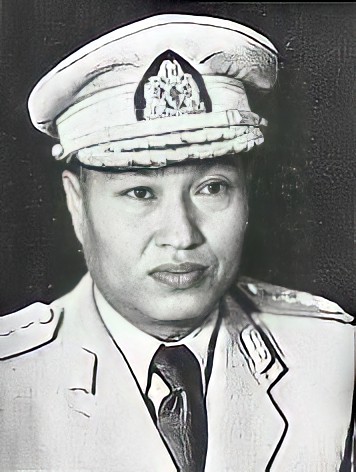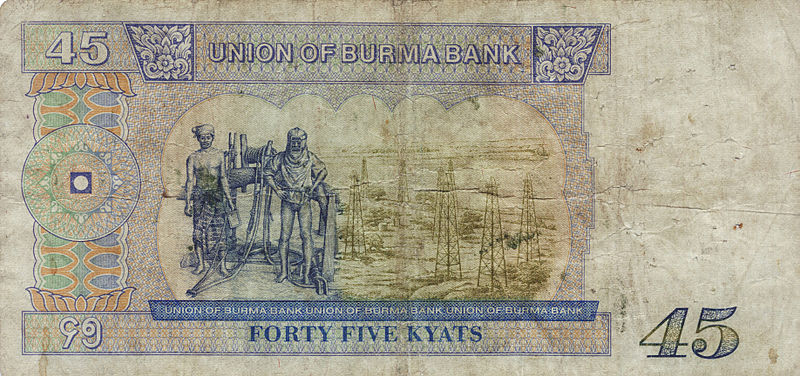Once upon a time, there was a man who bathed in dolphin blood. He believed it would keep him young and healthy while his Stalin-inspired regime retained liberation for the people of Burma. This man was born as Shu Maung or “apple of the eye”, until in 1941 he was renamed Ne Win or the “radiant Sun” during his rise to a terrifically ruthless dictatorship. For the next 26 years, the name struck images of tyranny and violent extravagance among the people of Burma (also known as Myanmar). This dictator was no ordinary man; He picked on the boundaries of national freedom in the name of liberation, and walked on principles of hardcore Buddhism while playing with ideals of excess.

Rangoon, Burma, before the Japanese bombing December 1941.
Getting to Know Ne Win

Shu Maung was the son of a minor civil servant from Paungdale. Failing to pass through college, he joined the Dobama Asiayone (Our Burma Association) with disillusioned aspirations to liberate his country from the clutches of British rule. This was where the promising lad met stalwarts of politics: Aung San, father of democratic activist Aung San Suu Kyi, and U Nu. By 1941 Maung was getting trained under the Japanese, only to come back as an evolved and renamed Ne Win who would take over as the Burma Independence Army chief in his home country. He saw the coming and going of the Japanese invasion, and fought tooth and nail until Burma gained independence outside the British Commonwealth in January 1948. An aggressive rise under changing colonisers had promised Ne Win a seat in the leadership when the time came. But as the glimpses of a sovereign nation appeared on the horizon, Ne Win ensured that the government of the then Prime Minister U Nu collapsed for him to take over.
The Face of Aggression
Now sitting in the chair as caretaker Prime Minister was a devotee of Marx and Stalin, promising his citizens an exodus into “The Burmese Way to Socialism”. What came next was an aggressive diversion into a xenophobic political landscape irrigated with Buddisht superstition and Marxist nationalisation. During his reign, Ne Win came to be known as a man of excess, indulging in gambilng and debauchery, religious rituals and extreme megalomania. His decisions were influenced as much by political theory as by astrology and numerology. Though a violent despot with unparalleled power in the country, Ne Win allowed his erratic behaviour to be influenced by the prophecies of fortune tellers. He would shoot at his own reflection in the mirror in hopes to avert an assassination. When violent conflict was to result in a bloodbath, he would superstitiously walk on dog entrails in an attempt to promote the bloodshed. Many said that the leader bathed in dolphin blood according to a Buddhist belief that it would keep him young and healthy for years to come.
Ne Win was told that his lucky number was nine, and succumbing to the greed of luck, the dictator banned the 100 kyat from circulation in the country in 1987. He got it replaced by denominations of 45 and 90 kyat, so that both would add up to nine and be divisible by nine. An already wounded economy gave out its last breath as its citizens lost their savings and went bankrupt on a ruler’s whim.

Finally, the people spoke. An uprising in 1988 forced Ne Win out of his seat, welcoming Saw Maung in his wake. The change was not without its damages: over 3,000 citizens were killed in protests and the streets of Rangoon were bathed in blood. But this time, there was no way for the ransacker to get back on the throne. Ne Win died in 2002, under the mundane clutches of a house arrest.
References
# BBC News
# Telegraph
# Historyanswers.co.uk












Comments
Post a Comment